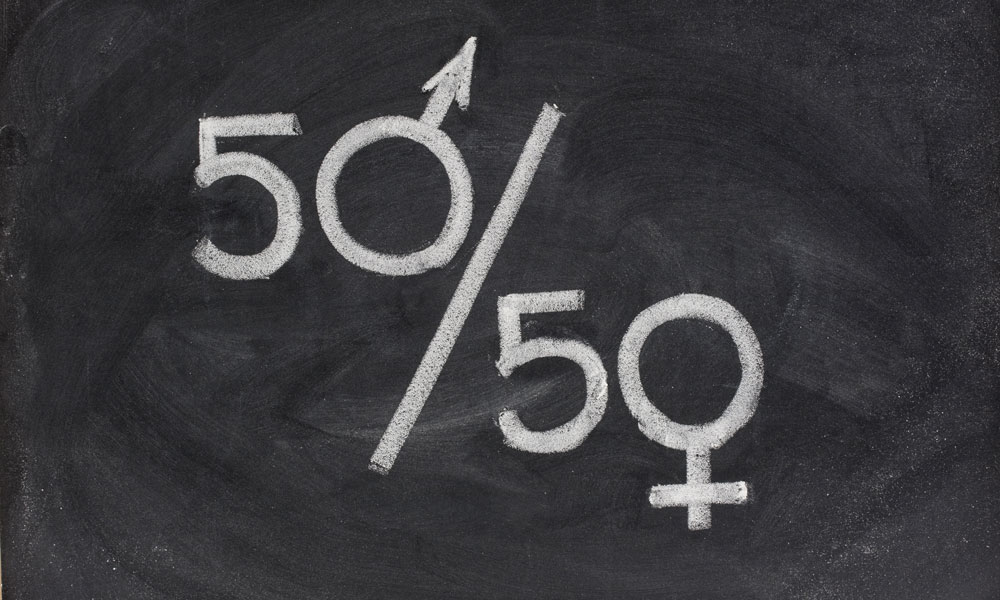
Study: Gen Y Women See More Gender Equality at Work
Although pay inequities persist, younger women in the workforce are more likely than their older female colleagues to see themselves as equal to their male coworkers, according to a new international study.
Millennial women all over the world see themselves as equal in ability and achievement to their male counterparts at the office, according to a new global study by FleishmanHillard, Heart Magazines, and Ipsos MediaCT. But they say they still lag behind men in compensation.
The study is part of a series of reports on “Women, Power, and Money” but is the first to include international data.
The study—based on surveys of over 4,000 women from the United States, United Kingdom, France, Germany, and China, as well as 500 U.S. men—found that because Generation Y women were raised with a “girls can do anything boys can do” attitude, they perceive greater gender equality in skills, opportunities, and accomplishments in the workplace.
“Over the past five years, we have watched the evolution of American women as their power and influence on practically every level across the home, marketplace, and workplace continues to ascend,” Lisa Dimino, FleishmanHillard senior vice president and senior partner, said in a statement. “Today we find that true both for women around the world and across generations who are heading up most households. … Though women are more educated but paid less than their spouses, there are signs that a new global generation of Gen Y women is working hard to rectify that inequity.”
In the U.S., 70 percent of millennial women surveyed described themselves as smart, compared to 54 percent of millennial men. That gender gap shrinks with Generation X (63 percent for women and 55 percent for men) and vanishes among baby boomers (57 percent for both).
Globally, researchers found that more than 80 percent of women would agree that “men are often paid more than women, even for doing the same work.”
“Women have achieved an equality of aspiration, but not an equality of results,” Dr. Stephen Kraus, senior vice president and chief insights officer of Ipsos MediaCT’s Audience Measurement Group, said in a statement. “She is the CEO of most households, and few would tell her that she can’t aspire to be the CEO of a corporation. But she realizes that she faces an uphill battle.”
Overall, the study showed that women see themselves as stronger emotionally than men, meaning they are better at having tough conversations or rebounding from a setback. But they say men have more success when it comes to asking for or negotiating a salary increase. The researchers noted, however, that millennial women saw more gender equality in these areas.
(iStockphoto/Thinkstock)






Comments